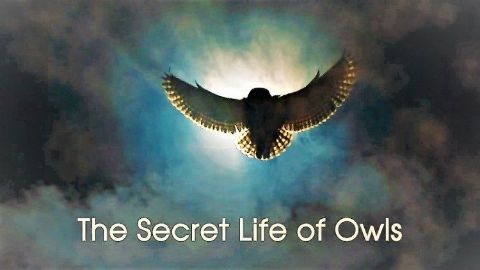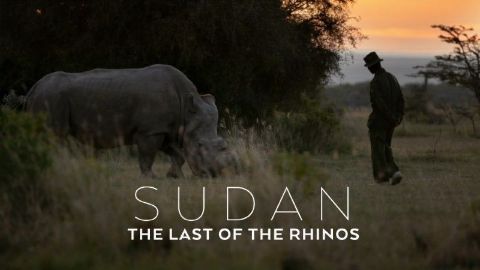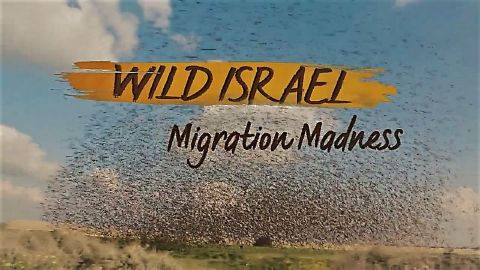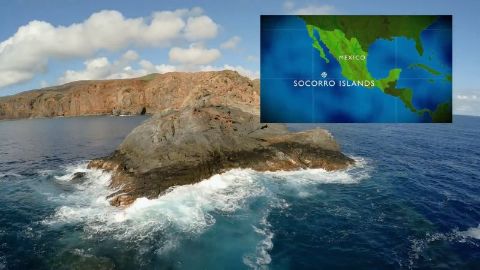Heat • 2024 • episode "S1E5" • Mammals with David Attenborough
David Attenborough reveals how, by pushing themselves and their bodies to the limit, mammals have found remarkable ways to survive in the hottest places on earth. In South America, thirsty capuchins need all their natural curiosity as they search for water on the forest floor. Camels roam the vast outback of Australia, where they can go for weeks without water thanks to their distinctive hump as an energy store. White sifaka lemurs hug trees to avoid the heat in Madagascar's spiny forest and the echidna has an even stranger way of keeping cool - it blows snot bubbles.
Make a donation
Buy a brother a hot coffee? Or a cold beer?
Hope you're finding these documentaries fascinating and eye-opening. It's just me, working hard behind the scenes to bring you this enriching content.
Running and maintaining a website like this takes time and resources. That's why I'm reaching out to you. If you appreciate what I do and would like to support my efforts, would you consider "buying me a coffee"?
Donation addresses
BTC: bc1q8ldskxh4x9qnddhcrgcun8rtvddeldm2a07r2v
ETH: 0x5CCAAA1afc5c5D814129d99277dDb5A979672116
With your donation through , you can show your appreciation and help me keep this project going. Every contribution, no matter how small, makes a significant impact. It goes directly towards covering server costs.











